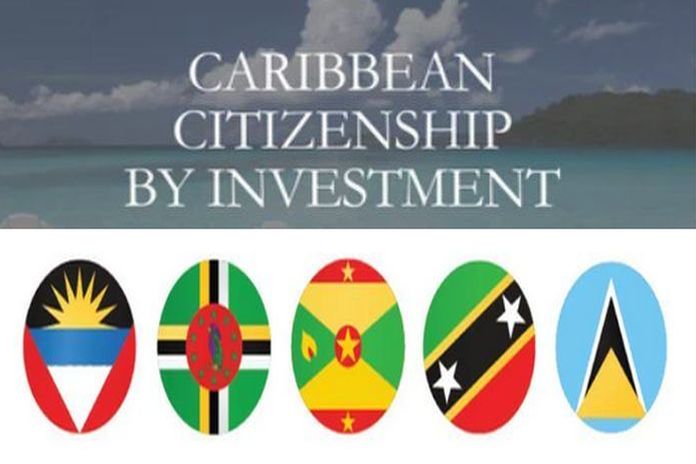Caribbean Nations Tighten Rules: “Genuine Link” Required for Citizenship by Investment
Five Caribbean nations are set to impose significant new restrictions on their lucrative Citizenship by Investment (CBI) programs. Antigua and Barbuda, Dominica, St. Lucia, St. Kitts and Nevis – collectively known as the “Caribbean Five” – have drafted an agreement demanding applicants establish a “genuine link” to their chosen nation and introducing annual application caps.
This move fundamentally shifts the current model, where obtaining citizenship typically required no physical presence. The proposed agreement mandates:
- Residency Requirement: Applicants must spend a minimum of 30 days physically within the country each year for the first five years after citizenship is granted.
- Integration Mandate: Participation in a compulsory civic integration program covering the nation’s constitution, laws, customs, and history.
- Enforcement: Failure to comply with these obligations could result in financial penalties or even passport revocation.
To oversee these stricter rules, the draft establishes the “Eastern Caribbean Citizenship by Investment Regulatory Authority (EC CIRA)”. This body will regulate the programs, maintain public confidence, and crucially, approve an annual maximum number of citizenship applications reported monthly by each participating country.
Furthermore, the agreement proposes a two-tier passport system:
- Initial Passport: Valid for five years upon citizenship approval.
- Renewal: A subsequent 10-year passport will only be issued after the applicant has demonstrably fulfilled the five-year residency and integration requirements.
This renewal mechanism explicitly aims to ensure citizenship is treated as an ongoing commitment requiring integration, not merely a one-time financial transaction. The changes represent a major crackdown designed to strengthen the integrity and perceived value of Caribbean CBI programs.

